DCFS 2014 Accepted Papers
Farid Ablayev  and
Marat Ablayev
and
Marat Ablayev  . Quantum Hashing via $\epsilon$-universal Hashing Constructions and Freivalds Fingerprinting Schemas
. Quantum Hashing via $\epsilon$-universal Hashing Constructions and Freivalds Fingerprinting Schemas
Farid Ablayev  ,
Aida Gainutdinova
,
Aida Gainutdinova  ,
Kamil Khadiev
,
Kamil Khadiev  and
Abuzer Yakaryilmaz
and
Abuzer Yakaryilmaz  . Very narrow quantum OBDDs and width hierarchies for classical OBDDs
. Very narrow quantum OBDDs and width hierarchies for classical OBDDs
Angelo Borsotti  ,
Luca Breveglieri
,
Luca Breveglieri  ,
Stefano Crespi Reghizzi
,
Stefano Crespi Reghizzi  and
Angelo Morzenti
and
Angelo Morzenti  . Complexity of Extended vs Classic LR Parsers
. Complexity of Extended vs Classic LR Parsers
Da-Jung Cho  ,
Yo-Sub Han
,
Yo-Sub Han  ,
Sang-Ki Ko
,
Sang-Ki Ko  and
Kai Salomaa
and
Kai Salomaa  . State Complexity of Inversion Operations
. State Complexity of Inversion Operations
Daniel Goc  and
Kai Salomaa
and
Kai Salomaa  . Computation Width and Path Size
. Computation Width and Path Size
Szabolcs Ivan  ,
Ádám D. Lelkes
,
Ádám D. Lelkes 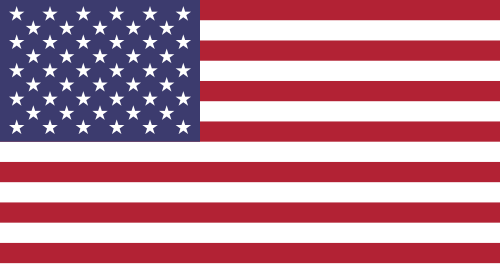 ,
Judit Nagy-Gyorgy
,
Judit Nagy-Gyorgy  ,
Balazs Szorenyi
,
Balazs Szorenyi  and
Gyorgy Turan
and
Gyorgy Turan  . Biclique coverings, rectifier networks and the cost of epsilon-removal
. Biclique coverings, rectifier networks and the cost of epsilon-removal
Jan Janousek 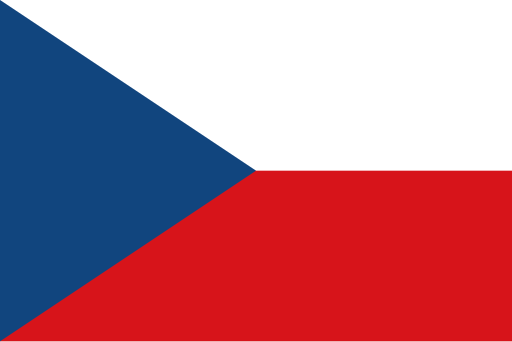 ,
Martin Poliak
,
Martin Poliak  and
Borivoj Melichar
and
Borivoj Melichar  . A Full and Linear Index of a Tree for Tree Patterns
. A Full and Linear Index of a Tree for Tree Patterns
Jozef Jirasek 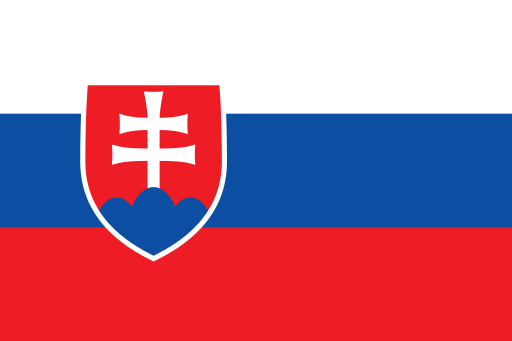 ,
Galina Jiraskova
,
Galina Jiraskova  ,
Monika Krausova
,
Monika Krausova  ,
Peter Mlynarcik
,
Peter Mlynarcik  and
Juraj Sebej
and
Juraj Sebej  . Prefix-Free Languages: Right Quotient and Reversal
. Prefix-Free Languages: Right Quotient and Reversal
Galina Jiraskova  and
Peter Mlynarcik
and
Peter Mlynarcik  . Complement on Prefix-Free, Suffix-Free, and Non-Returning NFA Languages
. Complement on Prefix-Free, Suffix-Free, and Non-Returning NFA Languages
Sang-Ki Ko  ,
Ha-Rim Lee
,
Ha-Rim Lee  and
Yo-Sub Han
and
Yo-Sub Han  . State Complexity of Regular Tree Languages for Tree Pattern Matching
. State Complexity of Regular Tree Languages for Tree Pattern Matching
Andreas Krebs 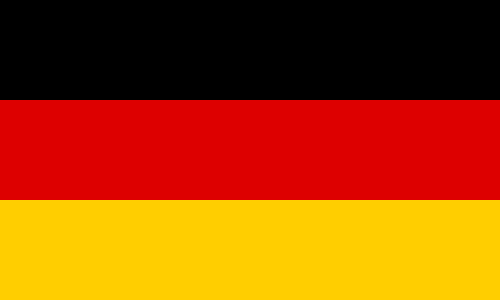 ,
Michael Ludwig
,
Michael Ludwig  ,
Olga Dorzweiler
,
Olga Dorzweiler  and
Thomas Flamm
and
Thomas Flamm  . Positive and Negative Proofs for Circuits and Branching Programs
. Positive and Negative Proofs for Circuits and Branching Programs
Martin Kutrib  ,
Andreas Malcher
,
Andreas Malcher  and
Matthias Wendlandt
and
Matthias Wendlandt  . Regularity and Size of Set Automata
. Regularity and Size of Set Automata
Giovanna Lavado  ,
Giovanni Pighizzini
,
Giovanni Pighizzini  and
Shinnosuke Seki
and
Shinnosuke Seki 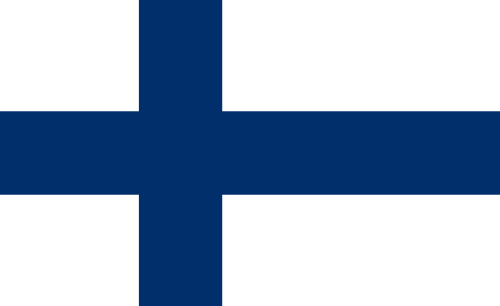 . Operational state complexity under Parikh equivalence
. Operational state complexity under Parikh equivalence
Marina Maslennikova  .Complexity of checking whether two automata are synchronized by the same language
.Complexity of checking whether two automata are synchronized by the same language
Friedrich Otto 
.
On the Descriptional Complexity of Deterministic Ordered Restarting Automata
Alexandros Palioudakis  ,
Kai Salomaa
,
Kai Salomaa  and
Selim Akl
and
Selim Akl  . State Complexity of Unary Language Operations for NFAs with Limited Nondeterminism
. State Complexity of Unary Language Operations for NFAs with Limited Nondeterminism
Holger Petersen 
.
A Note on Pushdown Automata Systems
Daniel Prusa  . Non-recursive Trade-offs between Two-dimensional Automata and Grammars
. Non-recursive Trade-offs between Two-dimensional Automata and Grammars